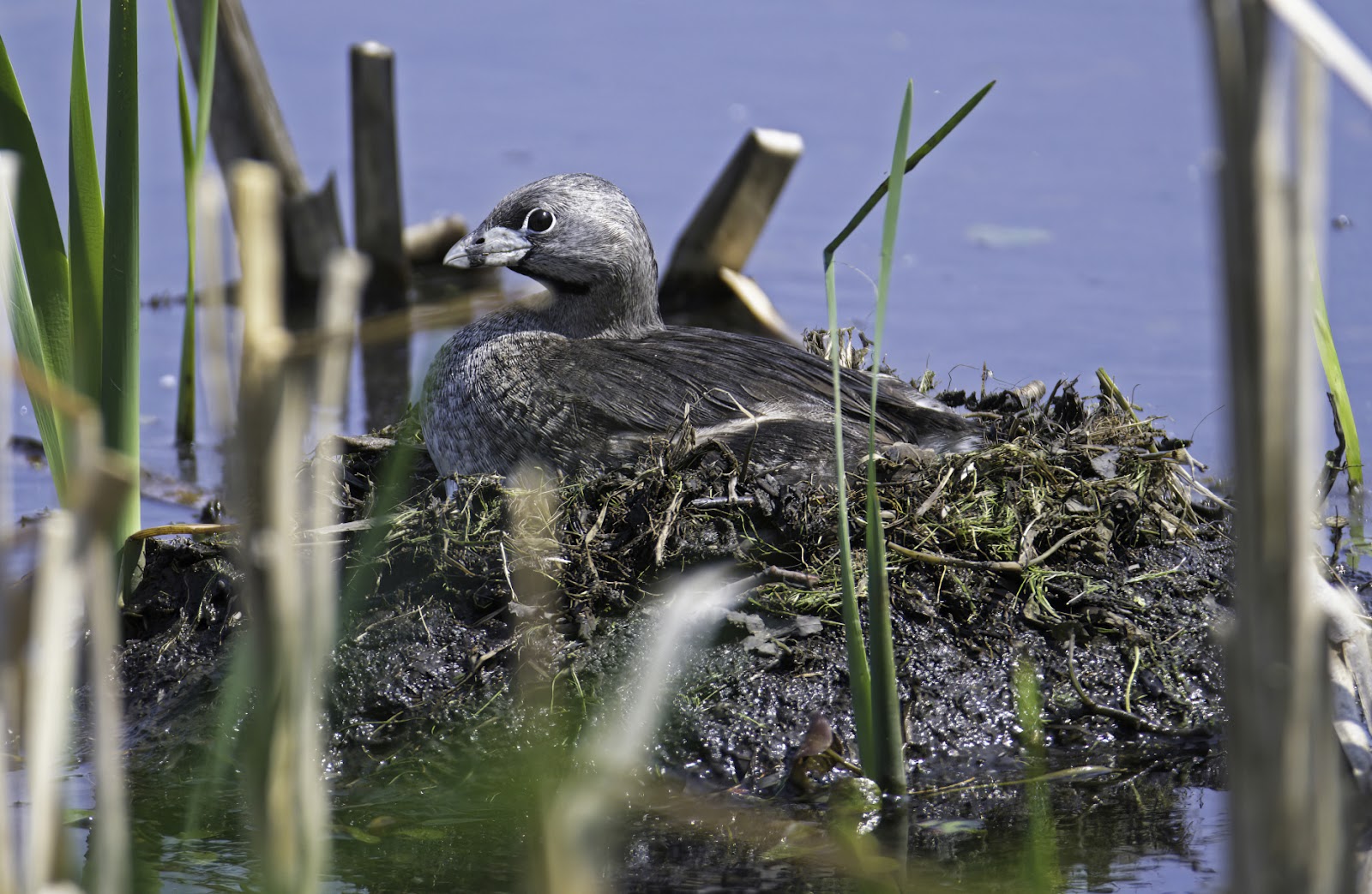NATURE
MONCTON NATURE NEWS
June 11, 2025
Nature Moncton members, as
well as any naturalist in New Brunswick or beyond, are invited to share
their photos and descriptions of recent nature sightings to build a fresh
(almost) daily edition of Nature News
To
respond by e-mail, please address your message to the information line
editor, nelsonpoirier435@gmail.com .
Please
advise the editor at nelsonpoirier435@gmail.com and the proofreader
Louise Nichols at Nicholsl@eastlink.ca if
any errors are noted in wording or photo labelling.
For more information
on Nature Moncton, check the website at www.naturemoncton.com
Proofreading
courtesy of Nichols nicholsl@eastlink.ca
To
view the live feed of the Peregrine Falcon nest cam on the summit of Assumption
Place in Moncton, go to:
**Shannon Inman photographed a colourful, very small beetle on May 29. BugGuide has identified it as one of the skeletonizing leaf beetles a.k.a. flea beetle, in the genus Galerucinae. There are a large number of species in this genus.
**Brian Stone visited a bank swallow
colony on one of his outings at the Festival of Nature on the weekend at Red
Bank near Miramichi. He was happy to see that so many swallows had returned and took
some photos of a few swallows gathering nesting material to bring back across
the river to their nest holes. The swallows were unconcerned with the group of
viewers and flew close around them at times while they went about their
business. A belted kingfisher perched nearby, and lady's slipper orchids
bloomed alongside the trail leading to the swallow colony.
On a different outing at the Miramichi
Marsh, Brian photographed a pied-billed grebe sitting on its nest close
beside the walking trail and covering up the eggs as it left the nest. The
grebe would then swim away a few meters and wait for trail walkers to pass
before returning to the nest.
It is a ‘book-like’ structure that opens up
with Plexiglas over the tunnels on each side where the bees construct their
nests, and one can watch them doing so. Some photos show an outside view, a side view,
and an open view with a close-up of some of the walled-off nests. Inside the walled-off
nests is a pollen packet with an egg attached. The eggs will hatch into larvae which will feed on the pollen and come out as adults next spring.
Other species of solitary bees may get in on
the action later in the season.
Nelson also photographed a rosy maple moth
that visited Monday night. This is a colourful, small to medium-sized moth.
Nelson Poirier.
Nature Moncton














